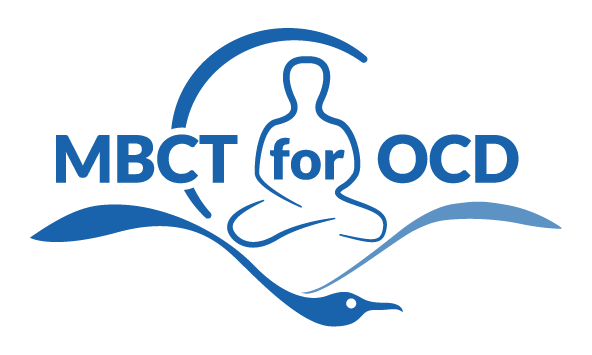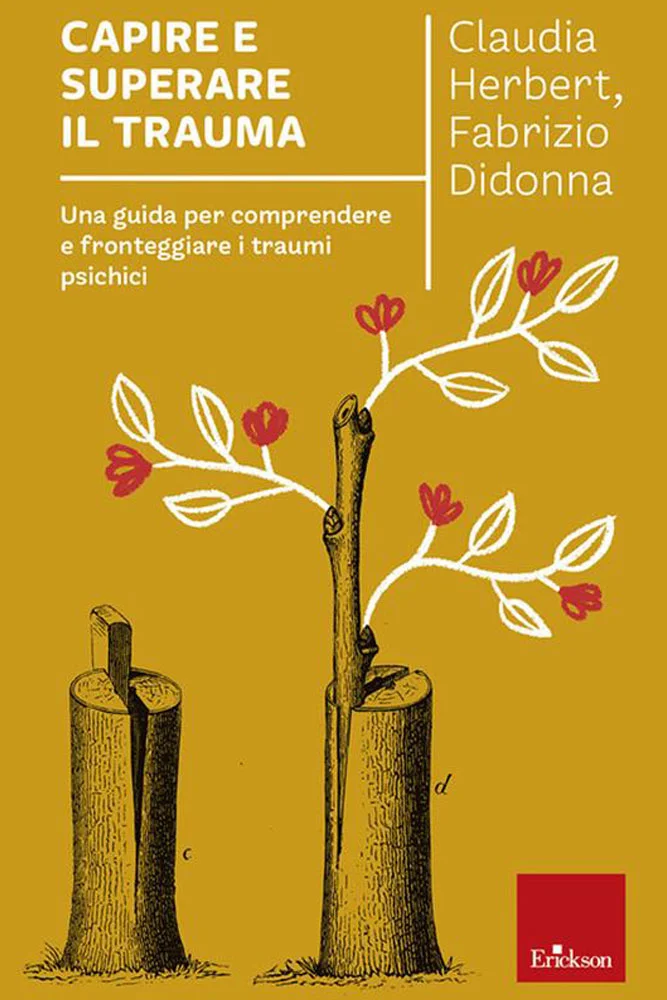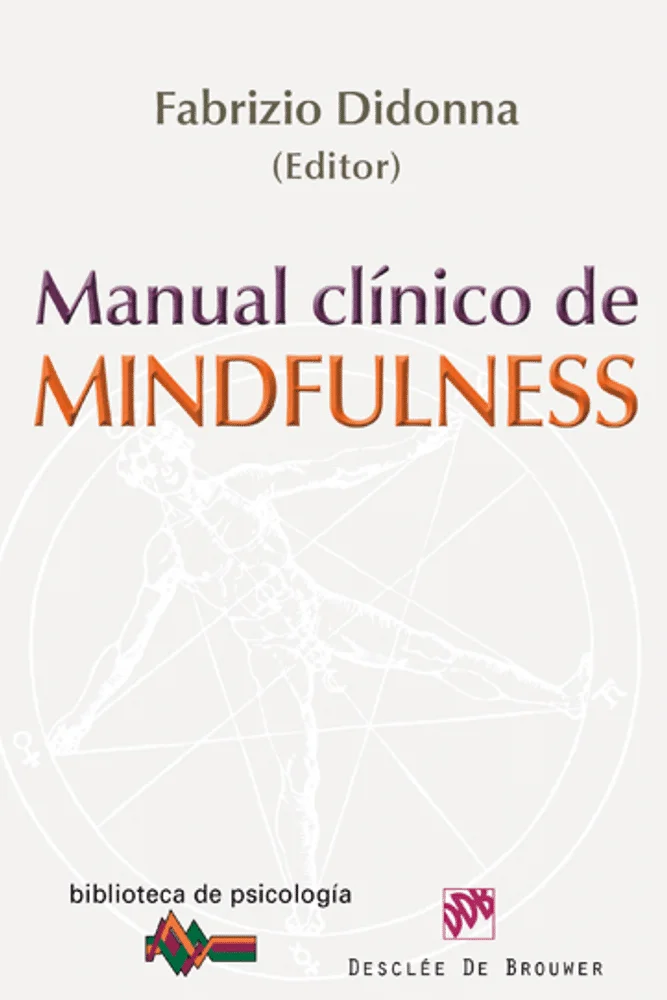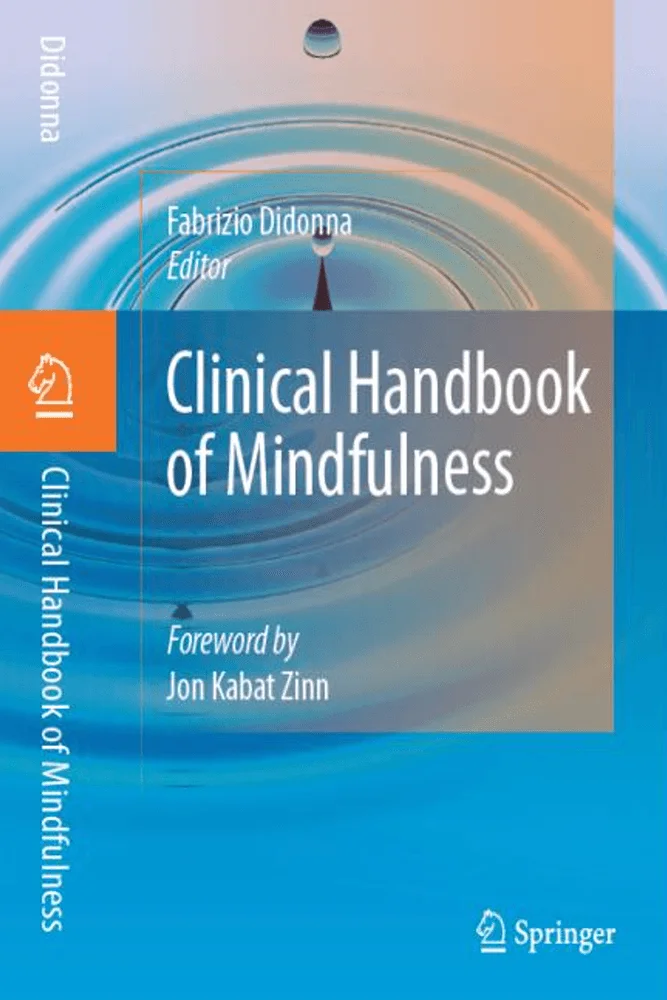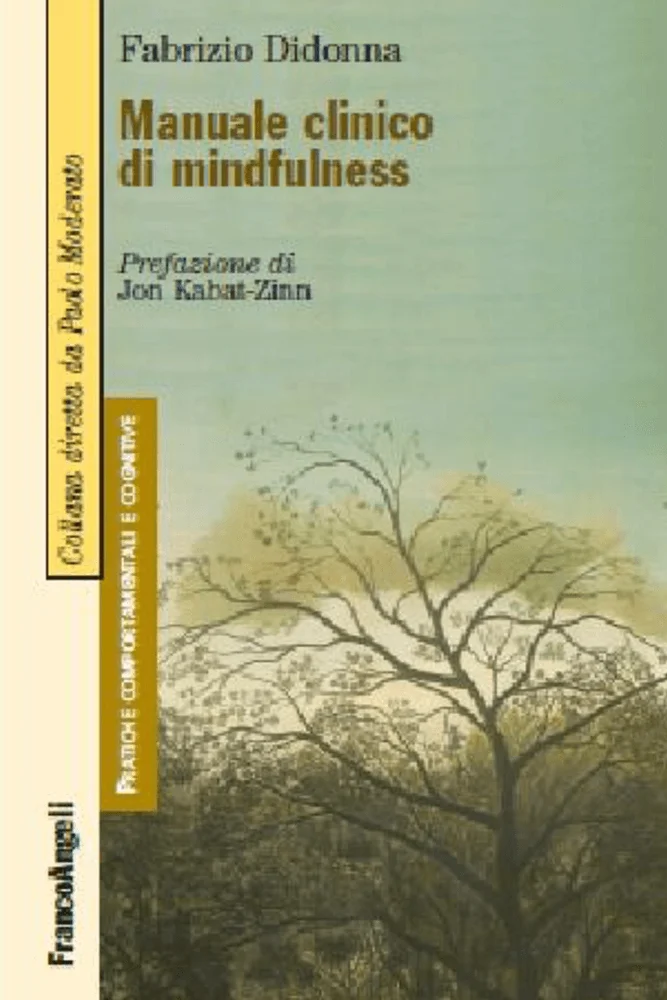Mindfulness-Based Cognitive Therapy for Obsessive Compulsive Disorder Manual
by Dr. Fabrizio Didonna
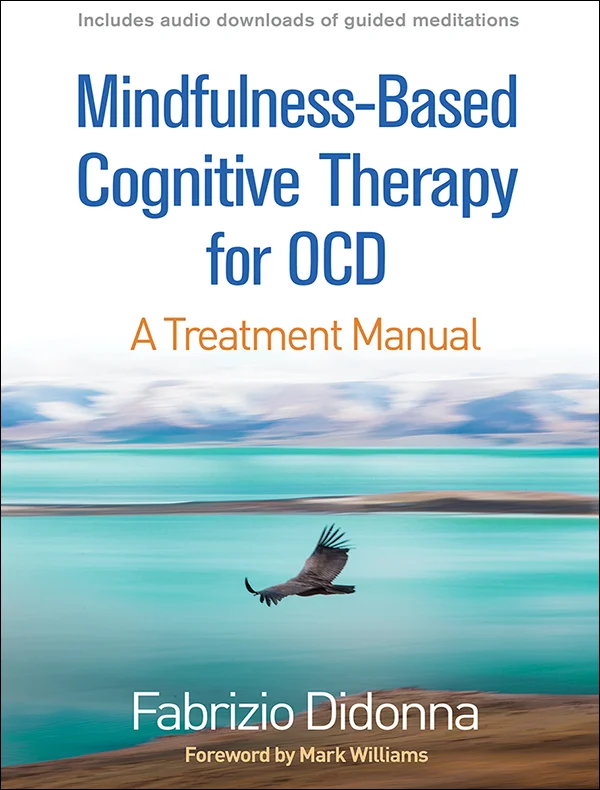
Outline and aims of the book
The book is divided into two parts.
The first part of the book (Chapters 1-4) focuses on relevant theoretical and conceptual issues regarding Obsessive Compulsive Disorder and provides the theoretical framework, research evidence and up-to-date hypotheses that support the rationale of using a mindfulness-based approach for this kind of disorder. This part also explains how and why the Mindfulness-Based Cognitive Therapy for Obsessive Compulsive Disorder model was developed and how to organize and implement this therapeutic program.
Chapter 1 covers the epidemiological, phenomenological and clinical aspects of the disorder, the cognitive processes and biases that characterize Obsessive Compulsive Disorder, and some of the main etiopathogenetic theories of Obsessive Compulsive Disorder that contribute to building a coherent and rational problem formulation of the disorder.
Chapter 2 describes a mindfulness-based conceptualization and approach for treating Obsessive Compulsive Disorder, explaining why Obsessive Compulsive Disorder can be considered a severe state of mindlessness and how the mechanisms of change of mindfulness practice can progressively weaken the obsessive cognitive mechanisms and biases. It also explains how some of the most effective cognitive and behavioral techniques can be integrated with mindfulness-based interventions and practices.
Chapter 3 presents the rationale and key features of the Mindfulness-Based Cognitive Therapy for Obsessive Compulsive Disorder Program: the basic themes, topics and goals of each of the eleven sessions are illustrated as are the session framework/structure and format. It also explains what kind of professionals are qualified to lead this therapeutic program and some guidelines about the instructor style and the therapeutic relationship in leading Mindfulness-Based Cognitive Therapy for Obsessive Compulsive Disorder. The role of family members and partners can play in helping guarantee the success of the program is also discussed.
Chapter 4 illustrates how to get ready to conduct the Mindfulness-Based Cognitive Therapy for Obsessive Compulsive Disorder Program. Some basic features of the program are described such as the group setting, class size and material for the instructor and participants. As is the case in the MBSR and Mindfulness-Based Cognitive Therapy for Depression Programs, the first step is an individual interview before the first session. The aim of the interview is to carry out a thorough assessment of participants’ problems in order to evaluate their suitability and possible exclusion criteria for the group program, as well as to motivate them to engage in and persevere with the program if they decide to participate. Finally, this chapter explains why, when, and how to implement Mindfulness-Based Cognitive Therapy for Obsessive Compulsive Disorder in individual settings and the pro and cons of using this format.
The second part (Chapters 5-15) presents the 11 sessions of the Mindfulness-Based Cognitive Therapy for Obsessive Compulsive Disorder program in detail. Each chapter in this part includes: a session agenda, a description of the aims and the contents discussed, all the material used during the sessions, the handouts for the participants and boxes with the transcripts of all the practices and exercises in the program for the instructor.
Significant space is also given to excerpts of dialogue between participants and instructor, especially with reference to the practice review and home practice review, taken from real life sessions of Mindfulness-Based Cognitive Therapy for Obsessive Compulsive Disorder (names have been changed for privacy reasons). These excerpts help the reader to better understand the contents and dynamics that characterize the sessions and the way in which the instructor should lead the important moments of inquiry and practice review.
While this book offers a comprehensive guide to Mindfulness-Based Cognitive Therapy for Obsessive Compulsive Disorder, suitable training and continued supervision by appropriately trained therapists-instructors are essential for implementing the program in the best way possible and increasing its effectiveness. It is recommended that therapists-instructors should also attend recognized professional training workshops. Appendix A gives some information about the training and supervision in Mindfulness-Based Cognitive Therapy for Obsessive Compulsive Disorder available at the moment of publication.
Appendix B includes a list of audio files that participants can use for the home practice of the Mindfulness-Based Cognitive Therapy for Obsessive Compulsive Disorder Program. The audio files can be downloaded from the Guilford Press website.
More information can be found on our Workshops and Professional Trainings page.
Adapted with permission from Didonna, F. (2018). Mindfulness-Based Cognitive Therapy for Obsessive-Compulsive Disorder. Guilford Press.
Internationals Reviews:
“This book combines rigorous psychological science, profound clinical wisdom, and a deep understanding of Mindfulness-Based Cognitive Therapy to provide a creative new perspective on Obsessive Compulsive Disorder. It will be of great benefit both to those who suffer from this disorder and those who work with them to alleviate their suffering.”
Ruth A. Baer, PhD, Department of Psychology, University of Kentucky
“This groundbreaking book promises to change how we understand and treat Obsessive Compulsive Disorder. Written with a rare balance of clarity, detail, and depth, it offers a multifaceted program for treating what is so often an intractable disorder. Didonna’s penetrating clinical understanding, mastery of the research literature, and personal experience with mindfulness shine through on every page. The book is replete with practical techniques and vivid case illustrations. This is a ‘must read’ for any clinician, student, or researcher who wants to help those suffering with Obsessive Compulsive Disorder or to understand more broadly how mindfulness practices can help alleviate psychological distress.”
Ronald D. Siegel, PsyD, Center for Mindfulness and Compassion, Harvard Medical School/Cambridge Health Alliance
“Truly an outstanding contribution. A world leader in mindfulness-based clinical practice, Didonna draws on many years of experience to present his combined CBT and mindfulness approach. This book offers compassionate insight into the pain of Obsessive Compulsive Disorder and its destructive effects on individuals and their families. It includes extraordinarily detailed and well-worked-out treatment plans. Presented is a session-by-session program that enables the therapist to gently and skillfully structure interventions. Illuminating case material includes client–therapist dialogues. This is a book I will return to again and again. It is a gift for any clinician working with these painful and frightening mental states, and is sure to become a classic.”
Paul Gilbert, PhD, FBPsS, OBE, Centre for Compassion Research and Training, University of Derby, United Kingdom
“Didonna is a true pioneer in mindfulness and the treatment of anxiety and Obsessive Compulsive Disorder. This book will revolutionize our approach to Obsessive Compulsive Disorder. Didonna shows how to empower clients with the self-compassion and courage they need to face their fears. This book has my highest recommendation.”
Dennis Tirch, PhD, Founding Director, The Center for Compassion Focused Therapy, New York City
“Didonna not only comes up with new insights about Obsessive Compulsive Disorder itself, but in his 11-session program he develops Mindfulness-Based Cognitive Therapy in new directions.…If the science and practice of Mindfulness-Based Cognitive Therapy is to progress, it needs the careful combination of clinical wisdom and scientific rigor that this book represents. It is the first manual for the application of Mindfulness-Based Cognitive Therapy for Obsessive Compulsive Disorder, and provides not only the foundation for further research but also the essential roadmap that clinicians will need for understanding and helping those many people who suffer in this way.”
from the Foreword by Mark Williams, DPhil, Emeritus Professor of Clinical Psychology, University of Oxford, United Kingdom
